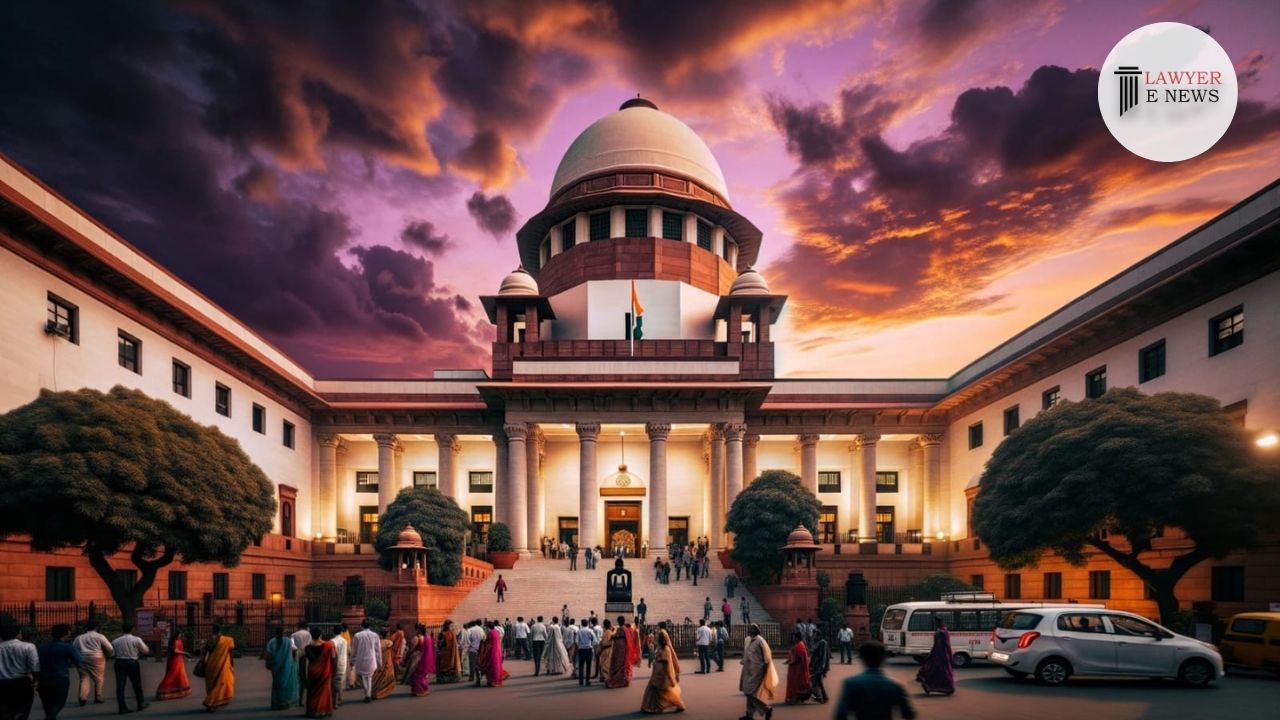-
by sayum
14 February 2026 2:22 PM



In a significant ruling, the Supreme Court of India has held that demands for differential excise duty raised against Reliance Industries Ltd. by the Commissioner of Central Excise and Customs were time-barred. The apex court stated that the extended period of limitation could only be invoked in cases of deliberate non-disclosure aimed at evading duty. The court emphasized that the assessee's belief, based on a view taken by the Tribunal in a previous case, was bonafide. The appeals were dismissed on grounds of being time-barred.
The case revolved around the assessment of differential duty of excise on clearances made by Reliance Industries Ltd. between September 2000 and March 2004. The demands were based on allegations that the assessee incorrectly determined the assessable value of its finished goods by not including the monetary value of duty benefits obtained from customers through the transfer of advance licenses. The Show Cause Notice, issued on 28th September 2005, relied on a judgment of the Supreme Court in the case of IFGL Refractories Ltd., asserting that the duty benefits obtained constituted additional consideration.
The court examined the provisions of Section 11A of the Central Excise Act, which deals with limitation for issuing show cause notices for recovery of duties. It noted that the extended period of limitation could be invoked if there was fraud, collusion, willful misstatement, suppression of facts, or contravention of the Act's provisions with intent to evade payment of duty. However, the court held that the assessee's bonafide belief, based on a plausible view taken by the Tribunal in a previous case, precluded the invocation of the extended period of limitation.
The court rejected the revenue's contentions that there was suppression of facts or wrongful clubbing of clearances, stating that the assessee was not required to separately disclose deemed export clearances in the returns filed. It further observed that the revenue's argument regarding the irrelevance of the Tribunal's decision due to amendments to valuation provisions was inconsistent with the revenue's own stance throughout the proceedings. The court emphasized that under self-assessment procedures, the responsibility to determine duty liability rests with the assessee, and the assessee had acted in a bonafide manner.
Additionally, the court noted that the revenue's arguments went beyond the written pleadings, and parties should not be permitted to argue beyond what is contained in their pleadings. The court dismissed the appeals, expressing no opinion on the merits of the matter beyond the issue of limitation.
This judgment by the Supreme Court reinforces the significance of bonafide belief in determining the applicability of the extended period of limitation. It clarifies that when plausible views on the interpretation of legal provisions exist, it would be unjustified to invoke the extended period of limitation based on an assessee's view lacking bonafides. The ruling also highlights the importance of adherence to disclosure requirements and the limitations of arguing beyond the written pleadings.
Date of Decision: 4th July, 2023
THE COMMISSIONER, CENTRAL EXCISE AND CUSTOMS AND ANOTHER vs M/S RELIANCE INDUSTRIES LTD.
